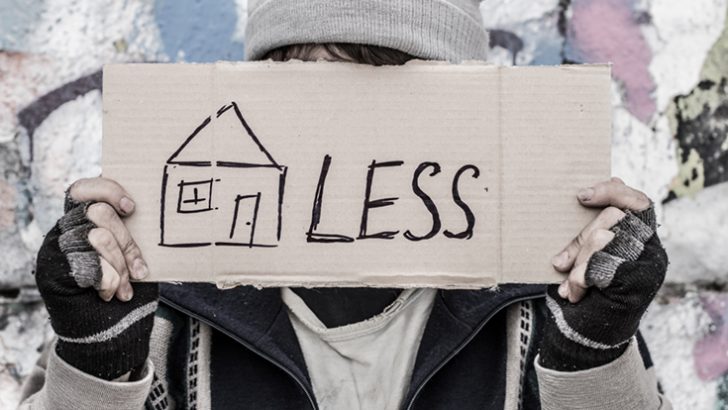Over the last 20 years, the way in which homeless services are provided in Dublin and beyond has gone through significant change. We have moved from a position where a number of voluntary homeless service providers operated in relative independence from each other with limited co-ordination of effort and resources, to a position where the combined efforts of voluntary and private homeless accommodation providers are more centrally co-ordinated by the Dublin Region Homeless Executive and other local authorities by way of a Central Placement Service and utilising the Pathway Accommodation and Support System (PASS).
PASS is an online shared system utilised by every homeless service provider and all local authorities in Ireland. The system provides ‘real-time’ information in terms of homeless presentation and bed occupancy across the Dublin region. It facilitates highly effective bed management practices to maximise the use of limited bed capacity across all homeless accommodation services. Alongside these developments, the adoption of common assessment tools and care and case management practices coupled with the increasing professionalisation of the workforce and financial commitment from central government are clear indications that we have come a long way. These are welcome developments designed in the context of a plan that saw the solution to homeless as curating a process: prevent homelessness in the first instance and where it does occur provide emergency accommodation while working to secure progression into the most appropriate longer term housing option in the shortest time possible.
From 2011, this approach was complemented with the adoption of the highly successful Housing First Model based on the common sense principle that if housing was offered as the first response to homelessness, the stability and security it provided would make other issues such as physical health, mental health, addiction and behavioural issues much easier to address. It is stating the obvious to say that none of the Trojan efforts outlined above are of any use without the key ingredient: housing. The absence of housing as either the first or last step in the response to homelessness creates a bottleneck that leads to a blocked process the failure of which is measured by the increasing number of adults and children in emergency accommodation.
In such a landscape, and in the context of an overall objective of ending homelessness, voluntary homeless providers are faced with a number of options: continue to grow emergency homeless accommodation insofar as their capacity allows, increase their advocacy for more rapid housing provision by the State, become direct providers of housing themselves, or some combination of all of the above. Continuing to grow emergency capacity may be viewed as an unavoidable necessity to minimise the need for rough sleeping and simultaneously as a retrograde step that perpetuates an outdated systemic response that lets the state off the hook on housing. It may also be unfeasible for voluntary providers to grow capacity any further and it is unsurprising that reliance on private providers of emergency accommodation has increased in recent years. When deficits in housing provision impact on a very small minority of vulnerable people it has tended to remain a fringe political issue, however, when it grows to the extent that it has more far-reaching impacts on society at large and begins to constrain economic growth and development it takes centre stage in political life and becomes a touchstone of governmental success or failure.
Enlightened self-interest for the State would suggest that homelessness, that is, lack of housing in any degree, should be considered not only as a personal catastrophe for the citizen that must be prevented and as an unwanted social ill, but also as a canary in the coal mine warning of a risk to future economic prosperity for all citizens.
The Housing Commission’s deliberations should be informed by an understanding that a right to housing not only protects the welfare of each individual adult and child citizen, not only facilitates social cohesion and inter-community harmony, but that it also makes sound economic sense.


